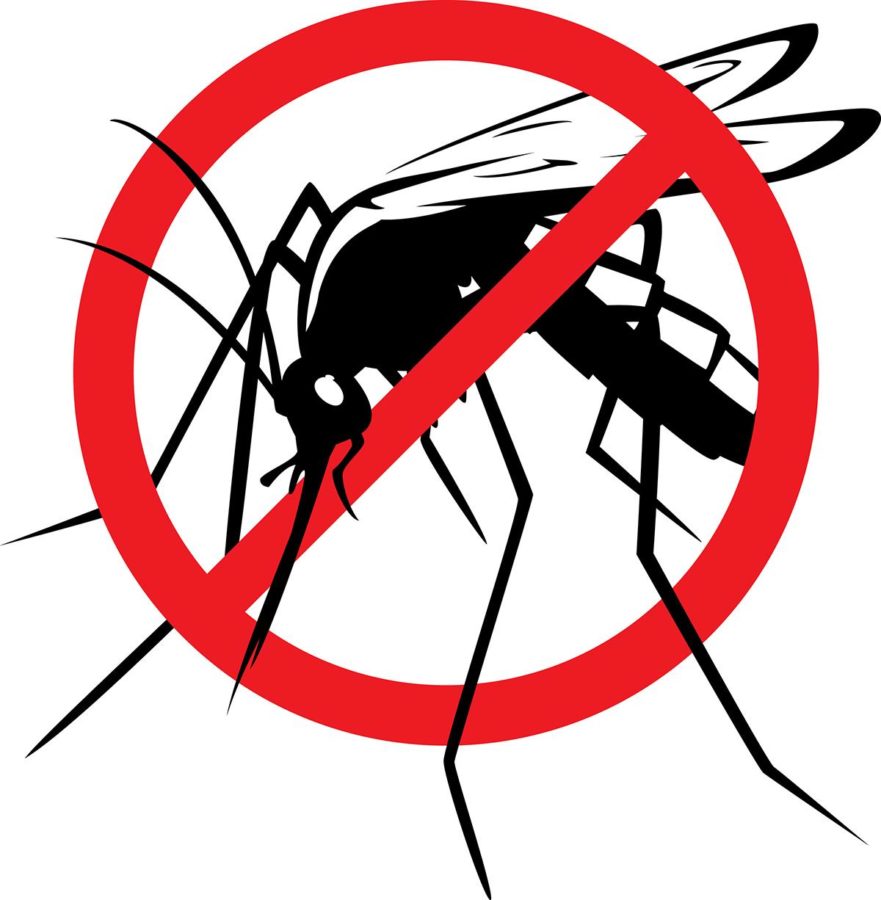The Zika virus is quickly being recognized as a global pandemic.
But what is it? The Zika virus is a member of the virus family Flaviviridae, and it’s spread by Aedes aegypti mosquitos. The virus is named after the Zika Forest in Uganda, where it was first discovered in the 1940s.
The A. aegypti mosquitos happen to be a vector for a handful of life-threatening and economically significant pathogens, which is a disease or an organism that invades and compromises the host’s health. Aedes aegypti mosquitos are responsible for the spread of yellow fever, malaria, and dengue.
Recently in Brazil, the World Health Organization declared a national epidemic, as nearly 1.5 million cases of Zika virus were documented. This is an unusual surge in the number of cases typically reported per year, and has been loosely attributed to the massive influx of international travelers to the country for the World Cup. Most of the symptoms for these 1.5 million infected individuals were commonly a mild fever, headaches, joint pain and skin rash; treatable items with modern medicine.
However, concerns rose when Brazil reported over 3,500 cases of infant microcephaly as of Oct. 2015. Infant microcephaly, which translates to “small head,” is a condition where pregnant women infected with the Zika virus give birth to infants with shrunken and distorted heads. The back and top portions of the skull are deformed and too small to allow their brains to mature properly.
Affected infants are thus physically and mentally disabled; a tragic result that has severe socio-economic implications: the health care these infants require taxes both the families of the affected as well as the government’s ability to sustain a population of helpless individuals.
Researchers point to climate change and globalization for the 20-fold surge in Zika virus cases. Prior to 1980, A. aegypti mosquitos were not fit to survive in the western hemisphere. Now that global temperatures have risen, these mosquitos have taken advantage of previously-forbidden wet regions and are rapidly reproducing.
So far, less than a dozen cases of Zika virus and only one incidence of a microcephalic infant have been reported in the U.S. The aforementioned infant was born outside the continental U.S. in Hawaii. Lucky for us in California, conditions are generally too dry for mosquitos to survive, and the majority of A. aegypti mosquito populations are found in the south-eastern United States.
Recent efforts have been made to genetically engineer batches of A. aegypti mosquitos so their immune systems suppress the viruses they carry, thus when female mosquitos take blood from humans, they don’t pass on any pathogens. The hope is these mosquitos will reproduce with unmodified species and confer the artificial modification. Ideally one day mosquitos will no longer spread disease.
It’s time to take it to the next level. With the advent of air travel and globalization in general, it’s only a matter of time until people inadvertently spread the disease to unaffected areas, as it’s sexually transmitted. The race is on for either mosquitos to virally-neuter each other via the genetically modified population, or for them to proliferate and continue to infect millions at a huge financial cost to global health works.
It’s time for concerted efforts from researches and doctors to squash this pest for good. They serve absolutely no benefit to the human race. Worse, they cost us billions of dollars a year caring for those infected by malaria, yellow fever and the dreaded Zika virus. If we do not act soon, humanity may lose the battle of natural selection to an oblivious group of bugs.



